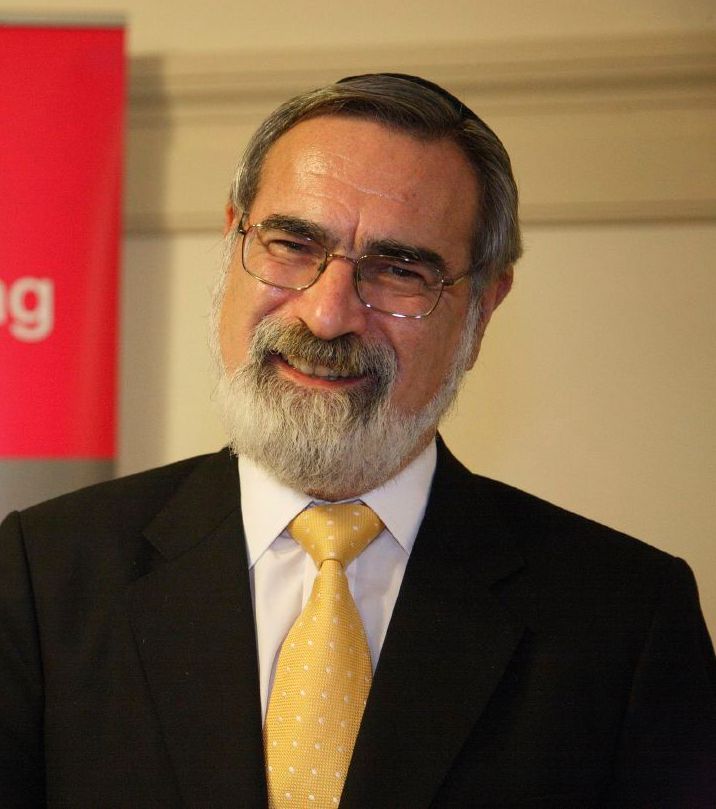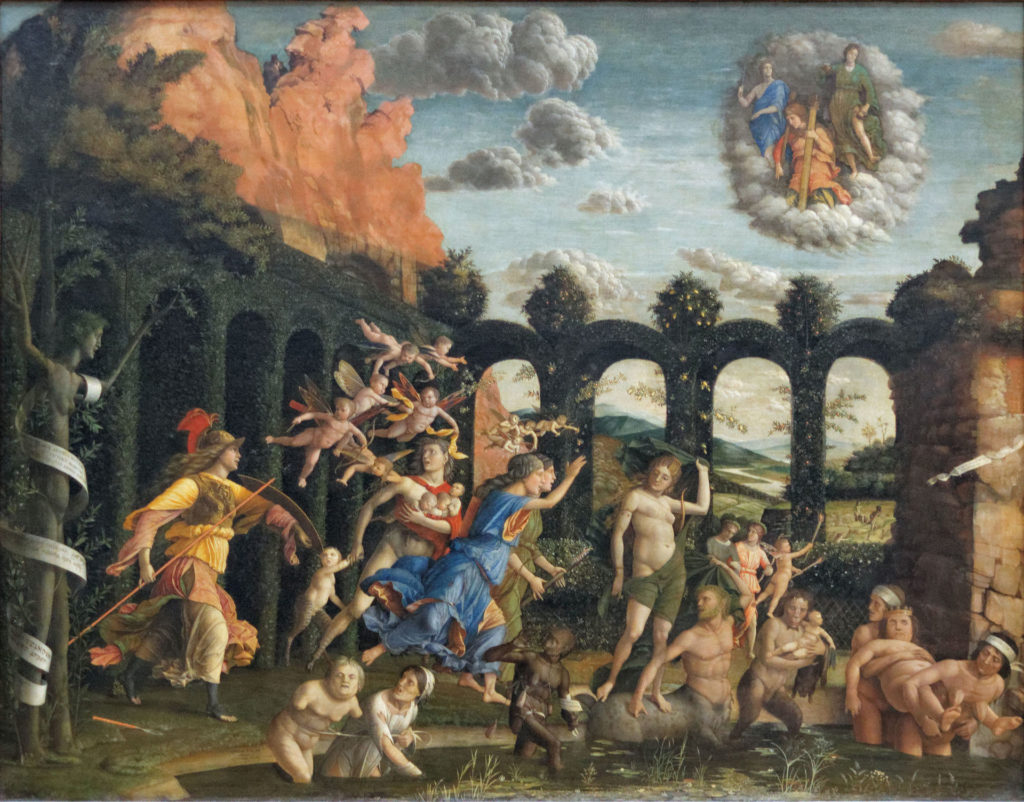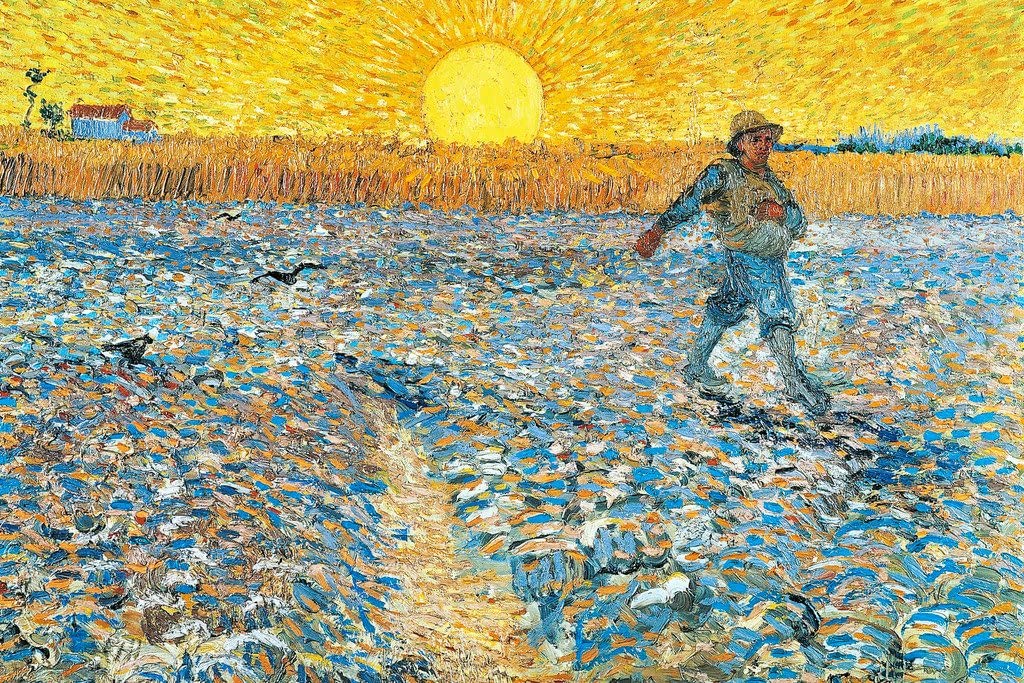SPRING 2021 ACADEMIC SEMINARS

(Re)Building A Common Home: The Thought of Rabbi Jonathan Sacks
Led by R.J. Snell
Fridays at 1:00pm in person
February 12, 19, 26
March 5
Covid-19 safety guidelines will be followed and attendance will be capped.
For more information, contact: jbrooks@winst.org
Many observe a lack of unity in the United States. Blue states vs. Blue States, urban vs. rural, progressives vs. conservatives, and on it goes. Still, the many calls for “unity” and “civility” seem to be failing, or at least recent political events seem to suggest as much. And there are many supposed culprits for this fragmentation. In this seminar, we examine the thought of the late Rabbi Jonathan Sacks, who passed away quite recently, in part to honor his life and work, especially key themes from his book The Home We Build Together. The social contract might not be enough, he suggests, drawing on older traditions of covenant to explain how society can be rebuilt.
Open to currently enrolled Princeton students and alumni.

“The Other Poet”: Hesiod on Gods and Men
Led by Joshua T. Katz
Wednesday Evenings at 7:00 pm, Zoom:
March 17, 24, 31
April 4
For more information, contact: jbrooks@winst.org
Most people have at least dipped into Homer’s Iliad and Odyssey, two long epic poems that are conventionally regarded as standing at the head of the so-called Western tradition. Far less read, though not obviously less important, are two shorter and fascinating works by a man who is sometimes referred to as “the other poet”: Homer’s near-contemporary Hesiod. Both poems offer great insight into ancient life, and it is not surprising that they had a significant influence in subsequent centuries on such authors as Plato and Plutarch. I believe you will find that they give us much to think about when it comes to contemporary society as well.
In this seminar series we will read and discuss both poems: the Theogony (literally “Birth of the Gods”), which details the development of the universe from Chaos to the canonical set of Greek gods headed by Zeus, and the Works & Days, which takes on man’s day-to-day concerns about justice and self-reliance and is at its core a manual for how to live. No prior knowledge is expected of Homer, Hesiod, or Ancient Greek language, literature, and culture; however, curiosity about Greco-Roman myths and about the relationship between these stories and what we find in the Hebrew Bible is a must.
***
Joshua T. Katz is Cotsen Professor in the Humanities and Professor of Classics at Princeton University. He is also a member of the Programs in Linguistics, Teacher Preparation, and Translation & Intercultural Communication, as well as a faculty associate of the James Madison Program in American Ideals and Institutions. He has taught at Princeton since 1998 and is the recipient of numerous awards for both his scholarship and his teaching. His last seminar for the Witherspoon Institute was “Plato’s Cratylus and the Meaning of Words” (Fall 2020).

Art & Virtue
Led by Felix Miller
Monday Evenings at 7:00pm in person:
February 8, 15, 22
March 1, 15, 22, 29
April 5, 12, 19, 26
Covid-19 safety guidelines will be followed and attendance capped.
For more information, contact: fmiller@winst.org
While the pandemic has forced our nation more into our homes, many of us of have taken refuge in Netflix, novels, and other forms of art. We have an innate sense that works of art, even those of popular culture, can really matter. We trust that there’s something valuable, even morally beneficial, about the plays of Shakespeare or the poems of Homer.
But what, precisely, does art do to our moral character? Does art alone suffice to form us? Must we be virtuous before we can appreciate art? Or can art instruct us in the virtues we lack? In this seminar, we will struggle with these and other questions about the relationship between art and virtue. Our primary interlocutors will be one ancient, Aristotle, and one modern, Søren Kierkegaard, though we will also seek the wisdom of Plato, St. Basil, and Proclus. The formal academic seminar will be supplemented by group play readings.
This seminar will be held in-person with social distancing protocols. It is primarily intended for recent graduates and graduate students, though undergraduates may also attend.

Working Together: The Person and the Common Good
Led by Joaquim Brooks
On Zoom:
Alternating Tuesdays, 7pm
February 2+16, March 2+30, April 13
In Person:
Alternating Tuesdays, 6:30pm
February 9+23, March 23, April 6+20
Covid-19 safety guidelines will be followed and attendance capped.
For more information, contact: jbrooks@winst.org
In the last eight months the global pandemic has altered almost every aspect of our daily lives. We limit our social interactions, minimize our comings and goings, cover our faces when in public, and are constantly attentive to potentials for exposure. We make these sacrifices in order to protect the weakest in our society, and we employ strong language of obligation to justify these sacrifices. We have become a society united in common action to serve a common good.
The phrase The Common Good conjures up a flurry of conflicting, opposed, and often unrelated concepts. Some take it to mean a call to action to maximize the good for the greatest number of people. Others understand it as a justification for harming others in service of an ostensible “greater good.” Others still interpret it as a set of conditions within which personal flourishing occurs. Each of these descriptions is incomplete, but nevertheless point to something united about our political communities. This seminar is intended for those interested in what life in society looks like and who are dissatisfied with insufficiently integrated conceptions of that that life.
Open to current Princeton students and alumni

Deciding to Be Excellent: A Study in the Cardinal Virtues
Led by Maura Shea
Thursday Evenings in person at 6:30pm:
April 15, 22, 29, May 6
Covid-19 safety guidelines will be followed and attendance capped.
For more information, contact: mshea@winst.org
The word “virtue” seems to have lost a lot of its purchase in contemporary discussions of living life well, and one hears it used more often in pithy accusations like “virtue-signaling” rather than in serious inquiries into what qualities one needs to cultivate in order to live a life of beauty and excellence.
But Thomist philosopher Josef Pieper has an uncanny and arresting ability to refresh the classical language of virtue for us, and to unfold the power and attractiveness of prudence, justice, fortitude and temperance with lucidity and keen insight his book The Four Cardinal Virtues. The isolation of the past year has removed many of the structures and routines that concealed from us our own struggles with laziness, indecision, distraction, and selfishness, and now with dismay we watch these parts of ourselves rise to the surface as we struggle to focus during Zoom meetings, find ourselves sucked into the de-humanizing social media frenzy of the current political crisis, and wrestle with our disappointments around curtailed campus life.
Perhaps true self-care involves more than just a new exercise routine or meditation technique. It is high time to go back to the basics, to investigate the habits and dispositions that can cut through our confused and often erroneous notions about “being a good person”.
In this seminar, we will investigate how to live a beautiful life by growing in the cardinal virtues, and we will foster friendships in which we challenge one another in practical ways to cast off mediocrity and pursue authentic excellence. We will place a particular emphasis on prudence, which, Pieper insists, is not only the pre-eminent virtue without which we cannot hope to grow in any of the others, but also the least understood. It is, in fact, “the cause of the other virtues being virtues at all.”
Open to Princeton students and alumni

Decide What to Do, and Go Do It: Learning to Act
Led by R. J. Snell
Fridays at 1:00pm in person:
March 19+26
Covid-19 safety guidelines will be followed and attendance capped
For more information, contact: jbrooks@winst.org
Many have experienced the tendency to freeze up when trying to make a decision. We deliberate, decide, choose, and then . . . don’t do it. In part, contemporary figures such as Jordan Peterson are responding to this inability—but we’ll look prior, examining, in this short seminar, Thomas Aquinas’ account of imperium, or self-command, when we move from a proposal to a directive. Now deliberating is accomplished, act.
Open to Princeton students and alumni

The Pedagogy Project: On the Philosophy and Practice of Education
Led by Maura Shea
Select Saturdays, 10:30am in person
Covid-19 safety guidelines will be followed and attendance capped
For more information, contact: mshea@winst.org
The seminar is dedicating to developing a community in Princeton of graduate students, young teachers, and those interested in education who can provide support, advice, and friendship to one another. It will be called The Pedagogy Project: On the Philosophy and Practice of Education.
My own experience of eight years of classroom teaching, coaching other teachers, working as a dean of curriculum and instruction, and graduate studies has taught me that many educational institutions — high schools, middle schools, elementary schools, universities — do a lot of good, but often suffer from impoverished understandings of the human person and of the purposes of education. I would like for us to come together to uncover our own implicit and explicit philosophies of education, and to better understand the philosophies of education that have formed and continue to form us. We will look at all sorts of brilliant people who have thought about these questions — Augustine, Aquinas, Paulo Friere, John Dewey, Luigi Guissani, Jacques Maritain and more.
Open to Princeton graduate students and young professionals


